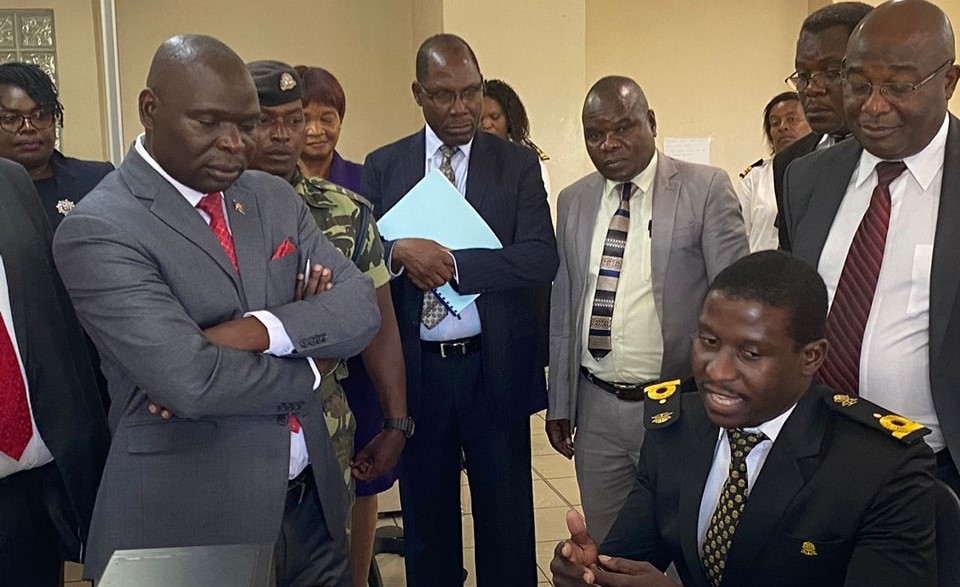Fertiliser Association of Malawi says the country is unlikely to import fertiliser surpassing about 300 000 metric tonnes (MT) this year due to the persisting foreign exchange shortage that is affecting imports of various commodities.
Fertiliser companies, according to the association, have brought in 86 513 MT of fertiliser, out of which 35 707MT is Urea while about 50 806MT is NPK out of an annual fertiliser requirement of between 450 000MT to 500 000MT.
Fertiliser companies are struggling to
bring in the commodity
The association’s executive administrator Mbawaka Phiri said in an interview on Monday that by this time last year, the firms had already imported about 200 000MT of fertiliser.
She said while companies have not been able to access forex for some time in required quantities from commercial banks, the suppliers cannot release the fertiliser stock and could be diverted to buyers within the Southern African Development Community region
“Majority of the stock in port and the stock on water is held under collateral management agreement and is only released upon receipt of financing,” said Phiri.
Meanwhile, the Russia-Ukraine conflict triggered a sharp increase in local retail prices of fertiliser, which Malawi is yet to recover from due to other economic shocks such as high freight costs, devaluation of the kwacha and forex shortage.
Meanwhile, Africa Fertiliser Watch shows that fertiliser prices have since dropped by two-thirds, but is still 20 percent higher than late-2019 levels.
Spot-checks show that the average retail prices of fertilisers have slightly increased with NPK fetching K67 950 per 50 kilogramme (kg) bag, Urea is now at K70 250 per bag, D Compound at K80 000 per bag and CAN at K61 800 per bag. Prices are projected to escalate as the region enters the planting season.
Meanwhile, the Ministry of Agriculture has started selling fertiliser under this year’s Affordable Inputs Programme (AIP), with a bag of fertiliser maintained at K15 000.
Minister of Agriculture Sam Kawale said on Friday during the launch of AIP in Kasungu that total fertilisers in the country held by the 13 contracted suppliers is at 108 441.45MT, which is about 73 percent of the country’s requirements of 149 025MT.
In Malawi, 70 percent of the fertiliser supply is allocated to food crops and 30 percent for cash crops, according to the Ministry of Agriculture. Food crops mainly consisting of cereals, legumes and tubers.
The post Firms express fear over fertiliser deficit appeared first on The Nation Online.
 Moni Malawi
Moni Malawi 

